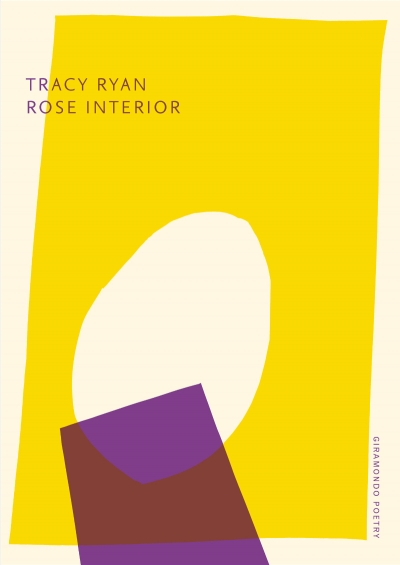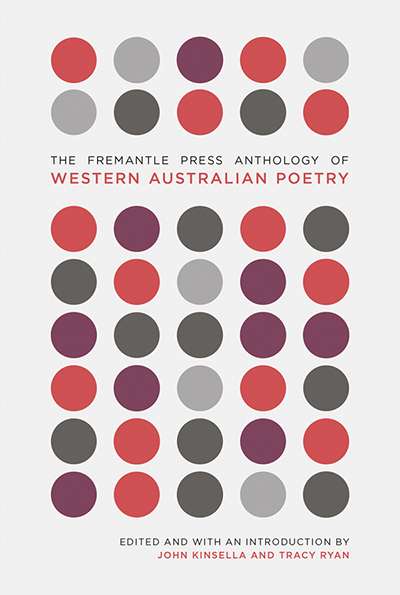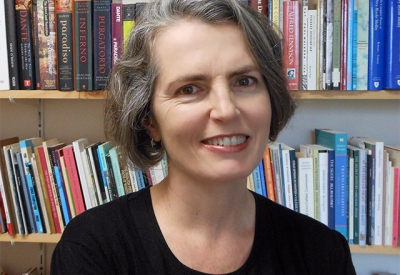Tracy Ryan
This time around / they say, we won’t / be at loggerheads, // we’ve understood / you can’t measure up, / we’ll do maths & spelling
... (read more)The Fremantle Press Anthology of Western Australian Poetry edited by John Kinsella and Tracy Ryan
Just knowing those colours makes it safer
already and how they'll change anyway by the time
you, thirteen now, are old enough for elsewhere: ...
Lesbia Harford would have been interesting to meet, because of her unconventionality and political views, in addition to the poetry. Earlier, Percy Shelley, for similar reasons.
... (read more)I am building my roof of turf my peaty sheath
a coveted blanket roll me up in it and I go out
like a light like the wisp rising at night
that country people swear they see and steer clear of
Because in a foreign city even at eight
he needs the familiar nearby, to hitch
the gaze like the reins of that lacquered
horse to a fixed spot, in order to let loose,
Always an afterthought, last thing left
in that mad dash to spit and polish
before visitors – rare here, so I forget
how others might read you if they looked up:
weird residue of disuse, proof of slackness, antisocial.
‘Urgent things to say’ in the Calibre Prize
The competition was keen, the field unprecedentedly large (almost 200 entries), but after main readings and much discussion Kevin Brophy’s and Jane Goodall’s essays struck the judges of this year’s Calibre Prize for an Outstanding Essay (Gay Bilson, Peter Rose and Rebecca Starford) as being in a class of their own. It was impossible to split them. Both writers share the third Calibre Prize for an Outstanding Essay, and each will receive $5000.
That’s all they have in common, though. It would be difficult to find two more dissimilar essays, a measure of Calibre’s versatility and the diversity of the writers who are drawn to it. Jane Goodall’s theme, like her succinct title (‘Footprints’), has a kind of suaveness and urgency as she explores ideas about ecology and personal responsibility with reference to Kate Grenville, Mrs Aeneas Gunn, Nevil Shute and a sublime short story by Leo Tolstoy.
Kevin Brophy’s fruity title (‘“What’re yer lookin’ at yer fuckin’ dog?”: Violence and Fear in Žižek’s Post-political Neighbourhood’) introduces an amazing tale of domestic mayhem and incivility in present-day inner Melbourne. Kevin Brophy’s tormentors may have been the neighbours from hell, but what a tale it is. To make sense of this five-year drama, Kevin Brophy draws on the Slovenian philosopher Slavoj Žižek and his theory that violence – ubiquitous violence, as he sees it – is the very basis of late capitalist ‘post-political’ life.
... (read more)



